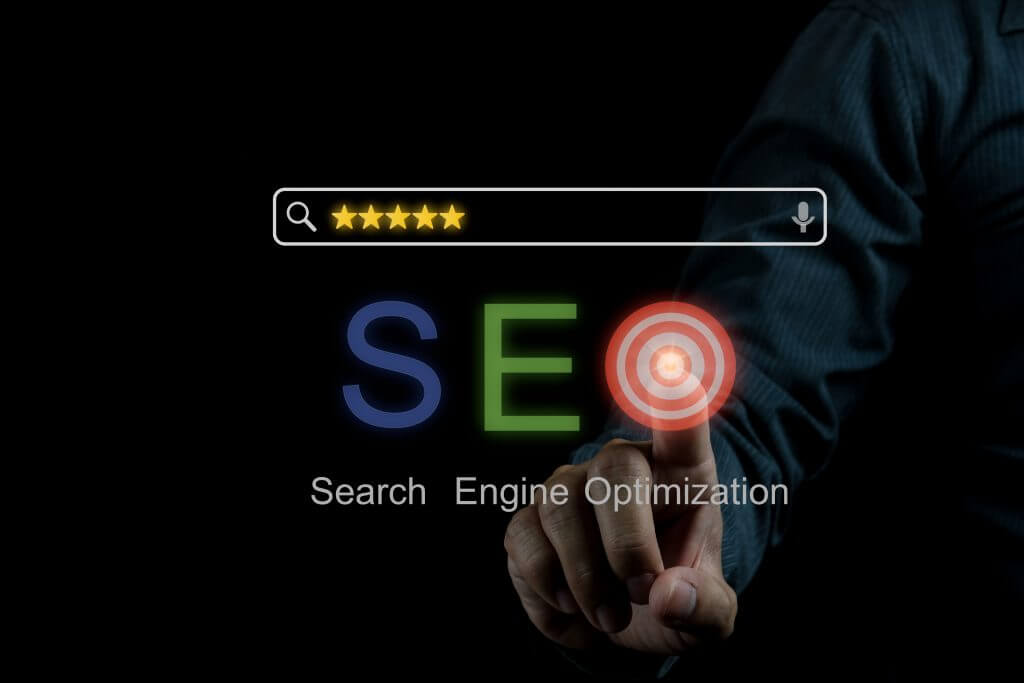
In today’s digital age, where the internet serves as the primary source of information and commerce, online visibility is a paramount concern for businesses, organizations, and individuals alike. Whether you’re running an e-commerce store, a local bakery, or a personal blog, having a strong online presence can make all the difference in reaching your target audience and achieving your goals. This is where Search Engine Optimization (SEO) comes into play as a powerful tool for boosting your online visibility. In this article, we’ll delve into the world of SEO and explore how it can transform your digital presence.
Understanding SEO
SEO is the practice of optimizing your website and online content to improve its visibility in search engine results pages (SERPs). When someone uses a search engine like Google, Bing, or Yahoo to find information, products, or services, they enter specific keywords or phrases. SEO aims to ensure that your website appears prominently in the organic (non-paid) search results when these keywords are relevant to your content.
The primary goal of SEO is to attract organic traffic to your website. Organic traffic is highly valuable because it consists of users who are actively searching for something related to your offerings. By optimizing your website for search engines, you increase the likelihood of attracting users who are genuinely interested in what you have to offer.
The Power of Organic Search

Why is organic search traffic so essential? Here are some compelling reasons:
- Credibility and Trust: Websites that appear at the top of organic search results are often perceived as more credible and trustworthy by users. Achieving a high-ranking position can boost your brand’s reputation.
- Cost-Effective: Unlike paid advertising, which requires continuous investment, organic search traffic doesn’t come with ongoing costs once you’ve optimized your content. It offers long-term value.
- Targeted Traffic: SEO allows you to target specific keywords and demographics, ensuring that you attract visitors who are most likely to convert into customers or clients.
- Competitive Advantage: Outranking competitors in search results can provide a significant competitive advantage in your industry or niche.
Key Elements of SEO

SEO is a multifaceted strategy that involves various elements and best practices. Here are some of the key components of effective SEO:
- Keyword Research: Identifying the right keywords for your content is essential. These keywords should align with what your target audience is searching for. Tools like Google Keyword Planner can help you discover relevant keywords.
- On-Page SEO: Optimizing individual web pages involves incorporating target keywords into titles, headings, meta descriptions, and content. It also includes optimizing images and ensuring fast page loading times.
- Quality Content: High-quality, informative, and engaging content is a cornerstone of successful SEO. It not only attracts visitors but also encourages them to stay and explore your website.
- Backlinks: Building a strong backlink profile by acquiring links from reputable websites in your industry can boost your website’s authority and search rankings.
- Mobile Optimization: With the majority of internet traffic coming from mobile devices, ensuring that your website is mobile-friendly is crucial for SEO success.
- Technical SEO: This involves optimizing the technical aspects of your website, such as site structure, URL structure, XML sitemaps, and site speed.
- Local SEO: For businesses with physical locations, local SEO is vital. It involves optimizing your online presence for local searches and appearing in local map listings.
Measuring SEO Success
Measuring the success of your SEO efforts is essential to understand what’s working and where improvements are needed. Here are some key performance indicators (KPIs) used to gauge SEO success:
- Organic Traffic: Monitoring the growth in organic search traffic to your website is a fundamental KPI. Tools like Google Analytics can provide insights into this metric.
- Keyword Rankings: Tracking the rankings of your target keywords in search results helps assess your progress. Various SEO tools can automate this process.
- Click-Through Rate (CTR): CTR measures the percentage of users who click on your website’s link when it appears in search results. Improving CTR can lead to more traffic.
- Conversion Rate: Ultimately, the goal of SEO is to convert visitors into customers, subscribers, or leads. Monitoring the conversion rate can help you determine the effectiveness of your content and landing pages.
- Bounce Rate: A high bounce rate indicates that visitors are leaving your site quickly. Analyzing this metric can help you identify areas where user experience can be improved.
SEO Challenges and Considerations
While the benefits of SEO are undeniable, it’s essential to acknowledge that it’s not a one-time effort but an ongoing strategy. Search engines frequently update their algorithms, and staying abreast of these changes is crucial. Additionally, SEO can be highly competitive, especially in saturated markets.
Here are some considerations and challenges to keep in mind:
- Algorithm Changes: Search engines like Google often update their algorithms, which can impact your rankings. Staying informed about these changes and adapting your SEO strategy is vital.
- Content Quality: Creating high-quality, valuable content is a continuous process. Regularly updating and expanding your content can improve your search rankings.
- Competition: Depending on your industry, competition for certain keywords can be fierce. A comprehensive SEO strategy may involve identifying niche keywords with less competition.
- Patience: SEO is not a quick-fix solution. It can take time to see significant improvements in your search rankings and organic traffic.
The power of SEO in boosting your online visibility cannot be overstated. It’s a dynamic and multifaceted strategy that, when executed effectively, can yield substantial benefits for your website, business, or personal brand. By understanding the fundamentals of SEO, staying updated with industry trends, and consistently implementing best practices, you can harness its potential to reach and engage your target audience.
Remember that SEO is not a one-time task but an ongoing commitment to improving your online presence. It requires continuous monitoring, optimization, and adaptation to stay competitive in the ever-evolving digital landscape.
If you’re new to SEO or feel overwhelmed by the complexity of search engine optimization, consider seeking assistance from professionals or agencies specializing in digital marketing. They can provide tailored strategies and insights to help you navigate the world of SEO effectively.
SEO is a powerful tool that can transform your digital presence, increase your online visibility, and drive organic traffic to your website. When done right, it can elevate your credibility, enhance your brand’s reputation, and give you a competitive edge in the online marketplace. So, whether you’re a business owner, a content creator, or an individual looking to establish a strong online presence, embracing the power of SEO is a strategic move that can lead to long-term success in the digital realm.



